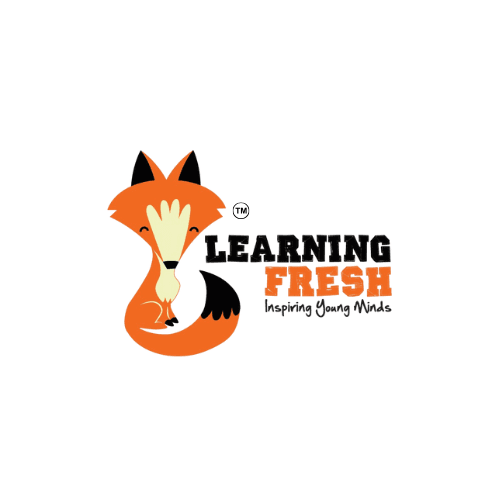Frequently Asked Questions About Education in Kuala Lumpur
Overview of Education in Kuala Lumpur
Kuala Lumpur, the bustling capital of Malaysia, is renowned for its diverse and dynamic education system. The city offers a wide array of educational opportunities ranging from public schools to international institutions. Understanding this system can seem daunting, so we've compiled a list of frequently asked questions to help guide you through the essentials of education in Kuala Lumpur.

What Types of Schools Are Available?
Kuala Lumpur offers a variety of schools to cater to different educational needs and preferences. These include:
- Public Schools: Funded by the government and following the national curriculum, these schools are a popular option for local students.
- Private Schools: Offering more flexibility in curricula, private schools often provide smaller class sizes and personalized attention.
- International Schools: Catering primarily to expatriate families, these schools offer international curricula such as the International Baccalaureate (IB) or British curriculum.
Each type of school has its own advantages, and parents often choose based on factors like budget, location, and the specific needs of their children.
How Do I Enroll My Child in School?
Enrolling your child in a school in Kuala Lumpur can vary depending on the type of school you choose. For public schools, enrollment is generally straightforward, requiring documentation such as birth certificates and proof of residence. Private and international schools may have additional requirements, such as entrance exams or interviews.

It's advisable to start the enrollment process early, as spaces can fill up quickly, especially in popular schools. Most schools have an admission office to assist parents with the necessary steps and paperwork.
What Is the Language of Instruction?
The language of instruction in Kuala Lumpur's schools depends on the type of institution. In public schools, Malay is the primary language, with English as a secondary language. However, many private and international schools offer instruction in English, and some even provide bilingual programs.
This language diversity allows parents to choose a school that best fits their child's language proficiency and future academic plans.

Are There Extracurricular Activities?
Extracurricular activities play a significant role in student development in Kuala Lumpur. Schools offer a wide range of activities, from sports and arts to clubs and societies. These activities are designed to enhance students' social skills, creativity, and physical fitness.
Participation in extracurricular activities is encouraged as it provides students with opportunities to explore new interests and develop valuable life skills.
How Is Student Performance Assessed?
Student performance in Kuala Lumpur is typically assessed through a combination of examinations, coursework, and class participation. Public schools follow national examination standards, while private and international schools may use different assessment methods aligned with their curricula.
It's important for parents to understand the assessment criteria of their chosen school to support their child's academic journey effectively.

Conclusion
The educational landscape in Kuala Lumpur is both rich and varied, offering numerous options to meet the diverse needs of its students. Whether you are a local resident or an expatriate family, understanding these frequently asked questions can help you navigate the educational offerings in this vibrant city. As you explore options, consider visiting potential schools and speaking with educators to find the best fit for your child's educational journey.
